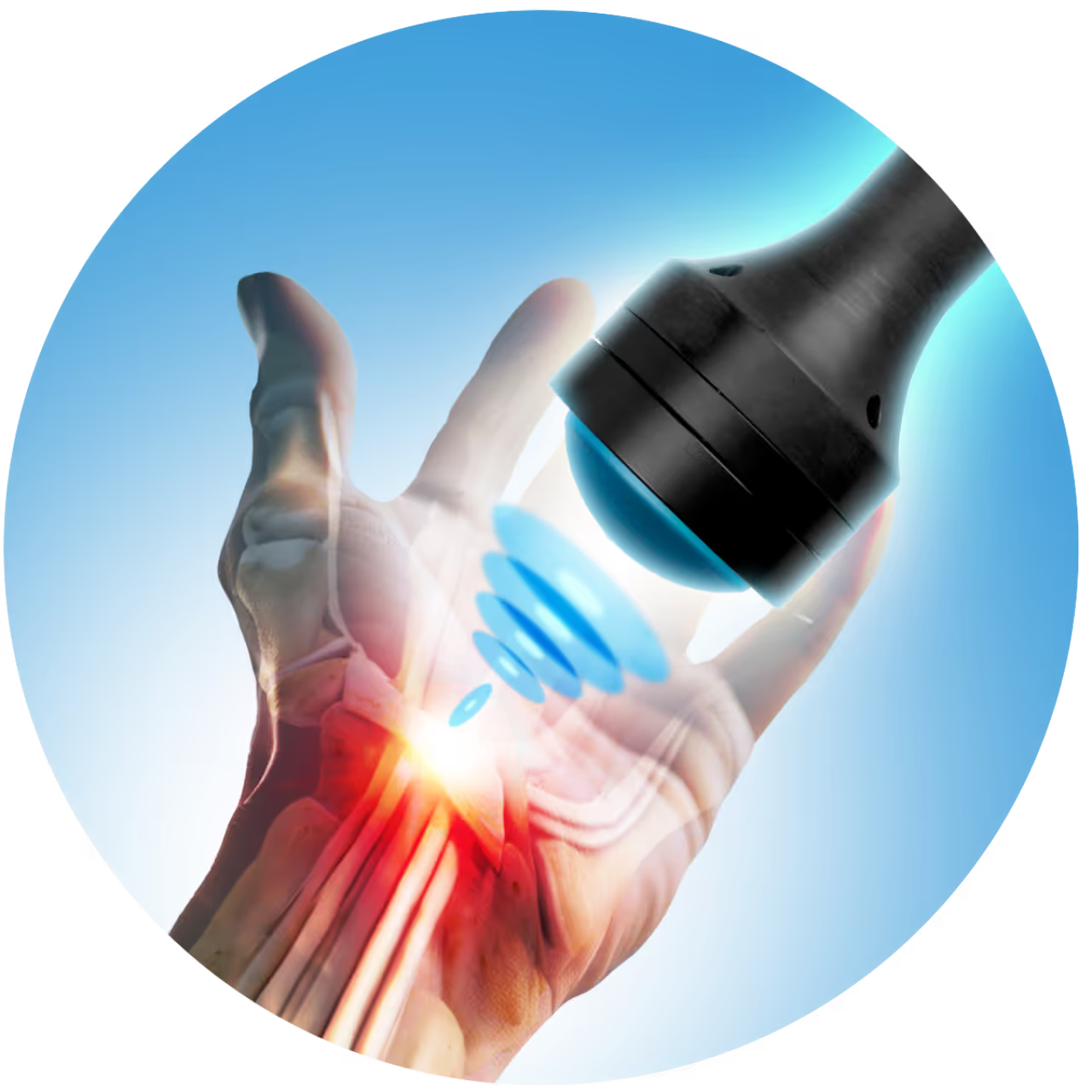Recommended guidelines for a good medical presentation are:
1. Color:
- Dark words (black/blue) on light background or vice-versa
- Color schemes constant throughout the presentation
- Avoid red-text or lines
2. Font and Text content:
- Family: Common font-family like Calibri, Times New Roman, Arial, etc.
- Size: Minimum 24 px, e.g. 44px for title line, 32 px for major text and 24 px for minor text
- Spacing:5
- Capitalization: Use capitals for abbreviations, otherwise sparingly
- Lines: Maximum 7 lines per slide with maximum 12 words per line; omit unnecessary words
- Key-messages: Maximum 3 key messages per slide
3. Pictures:
- Use large, high resolution images
- Laser pointer is dim and disappears; digital ink stays on the screen and is more vivid – hence, use digital ink whenever possible
- 2 at most per slide
- Must not supercede content
4. Tables and graphs:
- Highlight what you need or crop out what you don’t need
5. Bullets and numbering:
- Use bullets
- Use numerals only if numerical order is important
6. Orientation of slides:
- 1st slide: Title of presentation, Name and qualification of presenter, Affiliation and Date
- 2nd slide: List of learning objectives and keywords
- 3rd slide: Attention-grabbing or curiosity provoking question related to the topic (may be a rhetorical question)
- Second-last slide: Take home message
- Last slide: Full references
7. Slide transitions:
- May use simple slide transition, e.g. wipe from left to right
- Stay consistent
8. Timing: 10-15 minutes (corresponds to average attention span)
9. Presentation style: Everyone has their own presentation style
Further reading
- http://careers.bmj.com/careers/advice/view-article.html?id=2886
- http://med.stanford.edu/irt/edtech/video/powerpoint_recommendations.pdf
- https://www.asp.org/education/EffectivePresentations.pdf
- http://medicine.emory.edu/documents/research/research-greatPPT.pdf
- http://www.aabb.org/annual-meeting/speaker/Documents/AABB-Speaker-How-To-Guide.pdf



